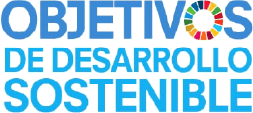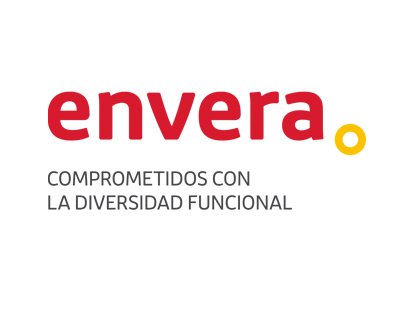Having a job interview is an opportunity not to be missed. From the Labor Insertion Service we give you some practical advice to face this key moment of the selection process to aspire to a job:
1. Be on time. Being late is one of the worst things you can do in a job interview. It is essential that you plan well the time you need to get to the company and arrive 10 minutes in advance. But be careful, arriving excessively early to the interview is not well seen, if you arrive early, wait to show up at the exact time.
WARNING: if at the last minute you have problems to go to the interview or you arrive late, ALWAYS let the company know, so it is very important that you have the company's phone number and the name of the person who will interview you.
2. Your resume, your best letter of introduction. The interview will take your resume as a guide, so it is very important the information you have put in it. Keep it short and attractive and don't be tempted to lie, always highlighting your strengths. Don't forget to bring a printed copy to the interview.
WARNING: it is important to remember the personal data, training or previous jobs that may be asked in the interview, we will give a very bad impression if we do not remember what we have done.
3. Take care of your personal image. Your image plays a fundamental role in a job interview. Choose carefully the clothes you are going to wear to the interview, always taking into account the job you are applying for. Another key point is the personal hygiene, to come clean and cleanliness is mandatory.
WARNING: do not go to an interview in a tracksuit, or with dirty or torn clothes. And of course, shower and comb your hair before going to the company.
4. Take care of your body language: "your body speaks of you". Self-confidence is one of the main things interviewers see most easily. Always look yourself in the eye, keep your hands on the table, show an upright posture or smile whenever possible. In addition, other movements can show excessive nervousness, such as moving your hands, touching your hair or nodding your head all the time. But, we must also be especially careful about appearing too relaxed; sitting awkwardly or with a lazy attitude.
BEWARE: be careful to show your nerves in the interview, be calm and express it with your gestures.
5. Be prepared. Before going to the appointment, look for information about the company and your interviewer. Visit the website to learn about the company, its lines of business, its products and services, and its philosophy. This will show a great interest on your part that will be positively valued by the interviewers.
WARNING: it is important that you prepare questions to ask the interviewer, this shows great interest on your part, for example, what skills does the ideal candidate need to have to work with you?
6. Initiative and motivation. Being creative and proactive can help you impress in a job interview. In addition, it is very important to clearly define who you are and what you can or want to do, always being clear about your strengths and weaknesses and preparing an explanation for each case.
WARNING: it is not good that you only say your defects because you have to point out all the good things you have. Nor is it good that you only say good things about yourself because we all have things to improve and that sincerity is what the company wants to see.
7. Do not neglect your behavior. Taking care of your manners is a fundamental aspect. Stand up to greet and address your interviewer, avoid eating chewing gum, using your cell phone, interrupting or using inappropriate or vulgar language. Another detail that can give a bad impression is to speak ill of former companies or professionals with whom you have had a previous working relationship.
WARNING: during the interview you have to be totally focused on this single task. And show politeness and respect at all times.
8. Avoid defensive and incoherent answers. Answer questions without "beating around the bush. A common mistake is to start explaining a work experience at the end, indicating the reason for leaving or dismissal. Don't speak too loudly or go into details not relevant to the position, try to "cut to the chase".
WARNING: if you are asked about your disability, don't get angry or defensive. If you want to talk about it, speak sincerely and if not, explain that it does not influence you for the job and be honest with the functions that you can do and those that you cannot do. Let them know if you would need any accommodations to do the job.
9. Be flexible and adapt to the needs of the company. If in this first contact you start to make demands, you will probably not be chosen as the final candidate. It is also important to wait until the end of the interview to talk about salary-related issues; if you state that this is the most important thing for you, you will lose many points with the interviewer.
WARNING: before going to an interview it is important that you have assessed the conditions of the position to see if you are interested. If you go to the interview because you are interested in the conditions be flexible and listen to what they have to offer, sometimes we can start by working less hours or in positions that we like less but that allow us to find better jobs.
10. Be positive. Looking for a job is not an easy task and can take longer than you thought it would, especially in the current situation. Maintaining a positive and consistent attitude is essential and will help you overcome all kinds of obstacles you may encounter in an interview.



















